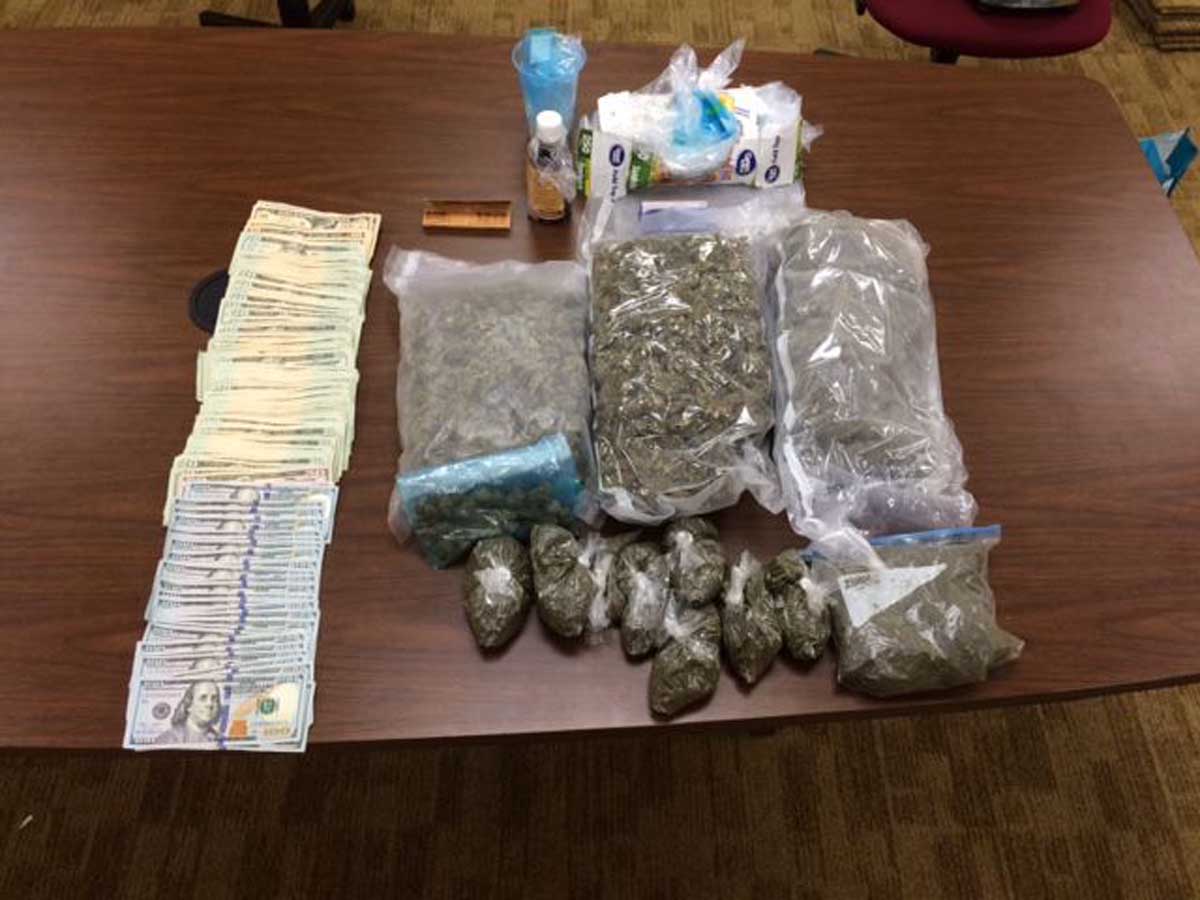What causes high bond amounts?
Published 12:07 pm Tuesday, April 8, 2014
Why can one person accused of a violent crime have a lower bail than someone arrested on a drug possession charge?
That seems to be a common question posed on social media by The Times readers who are confused and outraged after reading crime stories detailing bonds set in the thousands of dollars for one defendant and in the millions for others.
In January, bail was set at $1 million for a Cullman man charged with drug trafficking for allegedly growing marijuana for distribution, while two men accused of murdering an elderly Cullman man in his Saint Joseph Drive home in December had bonds set at $200,000 and $75,000 respectively.
Those who are routinely involved in the bond setting process for criminal defendants spoke with The Times to explain why amounts can vary wildly from case to case.
Cash, property, and corporate bonds each carry their on set of rules. Cash bonds require the defendant to pay the full amount in cash in order to be released from jail. Property bonds allow the defendant to put a monetary equivalent of property on the line in order to have a defendant released. A corporate bond utilizes a bondsman to handle the process.
Cullman Police Chief Kenny Culpepper said the purpose of a bond is to guarantee the defendant will show up for a court appearance. [Editor’s Note: Culpepper is providing this information based upon a made-up scenario, this is not consistently the case on all arrest situations.]
“If a bondsman was to sign a bond for $1,000, the defendant pays the bondsman 10 percent of the charge typically, in this case it would be $100, and they are saying that they are guaranteeing the defendant will come back for their court hearing or the bondsman will be responsible for paying $1,000,” Culpepper said. “If the defendant comes to court, then the bondsman keeps the $100 and at that point isn’t out any money. If the defendant doesn’t show up for their court date, the bondsman has to pay the $1,000.”
Culpepper went on to say, if the bondsman knows the location of the defendant, he can have the person re-arrested and taken back to jail and the bondsman won’t be responsible for paying the $1000.
“If the person skips town, the bondsman is responsible for paying the $1,000 and is out that money, unless they have collateral that would be reimbursement for the bond, like a promissory note or something,” Culpepper said. “That’s why they will not sign bonds for people that they think will potentially not show up for court because they will be risking losing money. The contract between the defendant and bondsman is over once the defendant goes to court.”
A-1 Bail Bonds owner Dennis Hogeland said a bondsman is used for property and corporate bonds for defendants in jail, and 10 percent is paid on the bond charge to the bondsman, but they cannot handle cash bonds.
“An example, if you get arrested for a DUI in the city limits and it’s a $1,000 bond, you would pay 10 percent of that to us, so $100 and we would get you out of jail,” Hogeland said. “We are under that bond and if that person doesn’t go to court, then they are re-arrested and that person goes to jail. We’re guaranteeing that the person will go to court when we pay the bond and get them out of jail.”
Hogeland said sometimes co-signers are used on the bail signings in order to support the defendant’s responsibility in making their court appearances.
“When you get out of jail you have to pay the state $35 for the charge,” Hogeland said. “If you were arrested on multiple charges, then you have to pay $35 on each charge. We don’t pocket any of those fees. A lot of people now are doing the property bonds, so they are laying down property instead of money. With that, they lose their homestead exemption until it’s completed.”
The bond amounts are released through a bond schedule which is created by the court magistrate within the Cullman County Clerk of Court’s office within in the Cullman County Courthouse.
A CNET agent told The Times a bond company can take many forms of compensation.
“Realistically, you can call a bond company to get you out of jail and they will take someone’s car title if that’s what is available,” a CNET agent said. “You don’t have to have anything on you at the time, you just need a deed or title that is equal to the cost. Typically it’s 10 percent to get someone out of the set bond amount. So when you see a $30,000 cash bond in comparison to a $1 million property bond, the cash bond is worse. Most people won’t have that kind of cash to get you out. If someone doesn’t know the difference then just looking at it they would think it’s crazy to have a murderer in for a lower amount than a drug manufacturer, but it’s a lot harder to get someone out on a cash bond then it is a property bond.”
According to the clerk’s office, the Cullman County Detention Center’s bond schedule set by the court magistrate is as follows:
Capital felony- $50,000 to no bail allowed.
Murder- $15,000 to $75,000.
Class A felony- $10,000 to $60,000.
Class B felony- $5,000 to $30,000.
Class C Felony- $2,500- $15,000.
Drug manufacturing and trafficking- $5,000- $1,500,000.
Misdemeanors:
Class A misdemeanor- $300 to $6,000.
Class B misdemeanor- $300 to $3,000.
Class C misdemeanor- $300 to $1,000.
Violation $300 to $500.
Municipal-ordinance violation- $300 to $1,000.
Traffic-Related offenses
DUI -$1,000 to $7,500
Reckless driving $300-$1000
Speeding- $300-$500.
Other traffic violations $300-$500.
In order to be complaint with Alabama Code 1975 15-13-105, $300 was set as the lowest bond amount.
Officials said the charges can be set as property or cash bonds based upon the opinion of the presiding judge over the case in relation to the flight risk of the defendant or circumstances surrounding the case and charge.
Lauren Estes can be reached at laurene@cullmantimes.com or 256-734-2131, ext. 137.
Tiffeny Owens contributed to this article.





